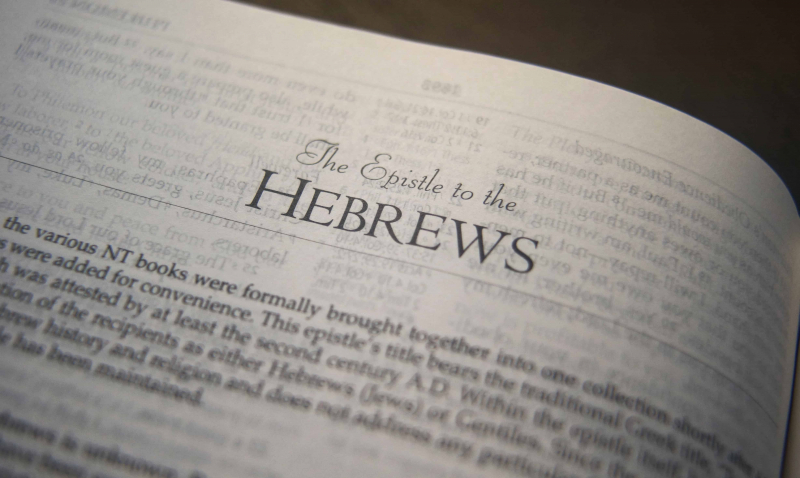Letter to the Hebrews
The 19th book of the New Testament canon, Letter to the Hebrews, also called Epistle to the Hebrews, abbreviation Hebrews, anonymous New Testament letter, is traditionally attributed to St. Paul. The letter was written somewhere in the second part of the first century. It was meant for a Christian community whose faith was waning as a result of heavy Jewish influences, based on its contents.
The letter describes Christ's perfect priesthood in order to strengthen the Christian faith. This was in contrast with the office of the Jewish high priest. The letter goes on to say that because of this, Christianity is superior to Judaism. Through the letter, the “fearful prospect of judgment” that awaits "those who have repudiated the Son of God" and the danger of apostasy are warned to Christians. They are exhorted to persevere in their faith by following the heroic example of others well known to them.
However, this letter is now believed to be the work of another Jewish Christian, and that might have been St. Barnabas or perhaps one of Paul’s other associates or later disciples. This is because the emphasis on Christ’s priestly mediation and statements on faith and the Mosaic Law, which were mentioned in this letter, is not typical of Paul's writings.






